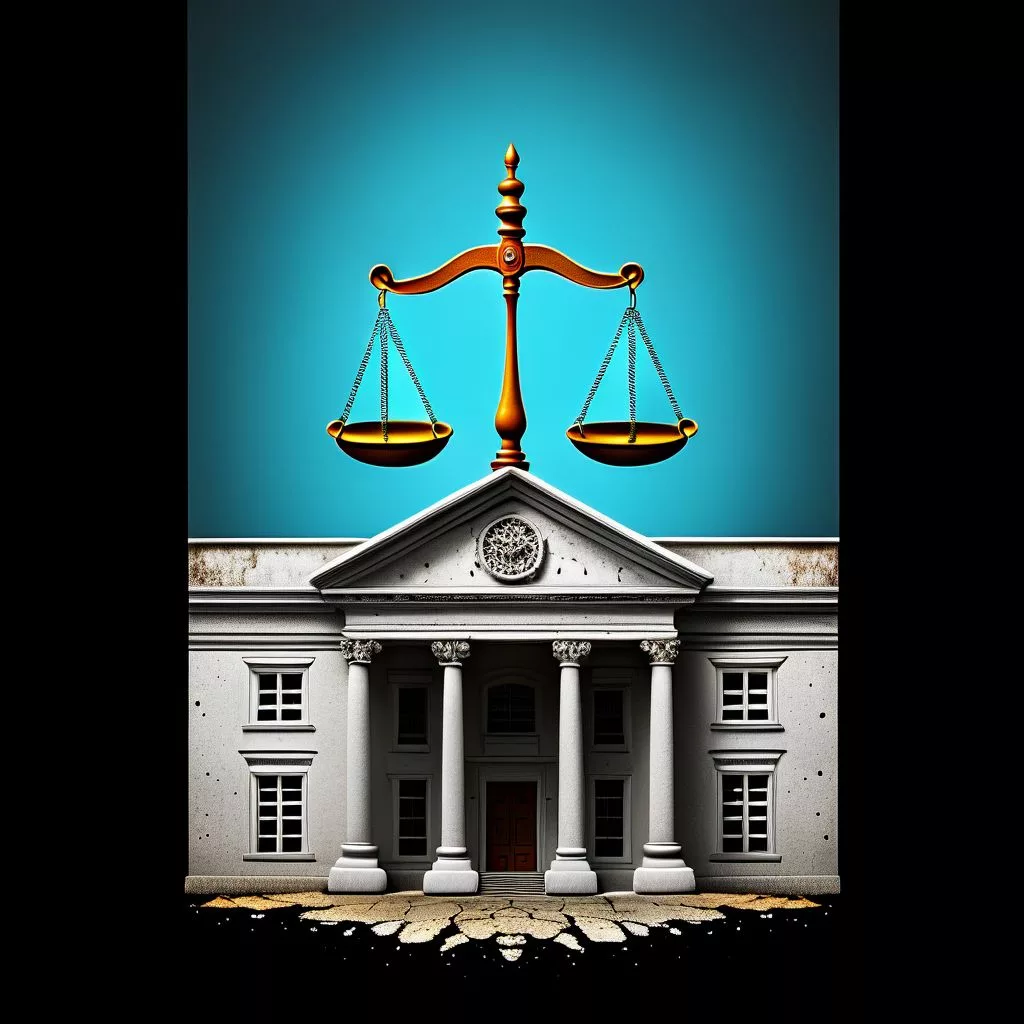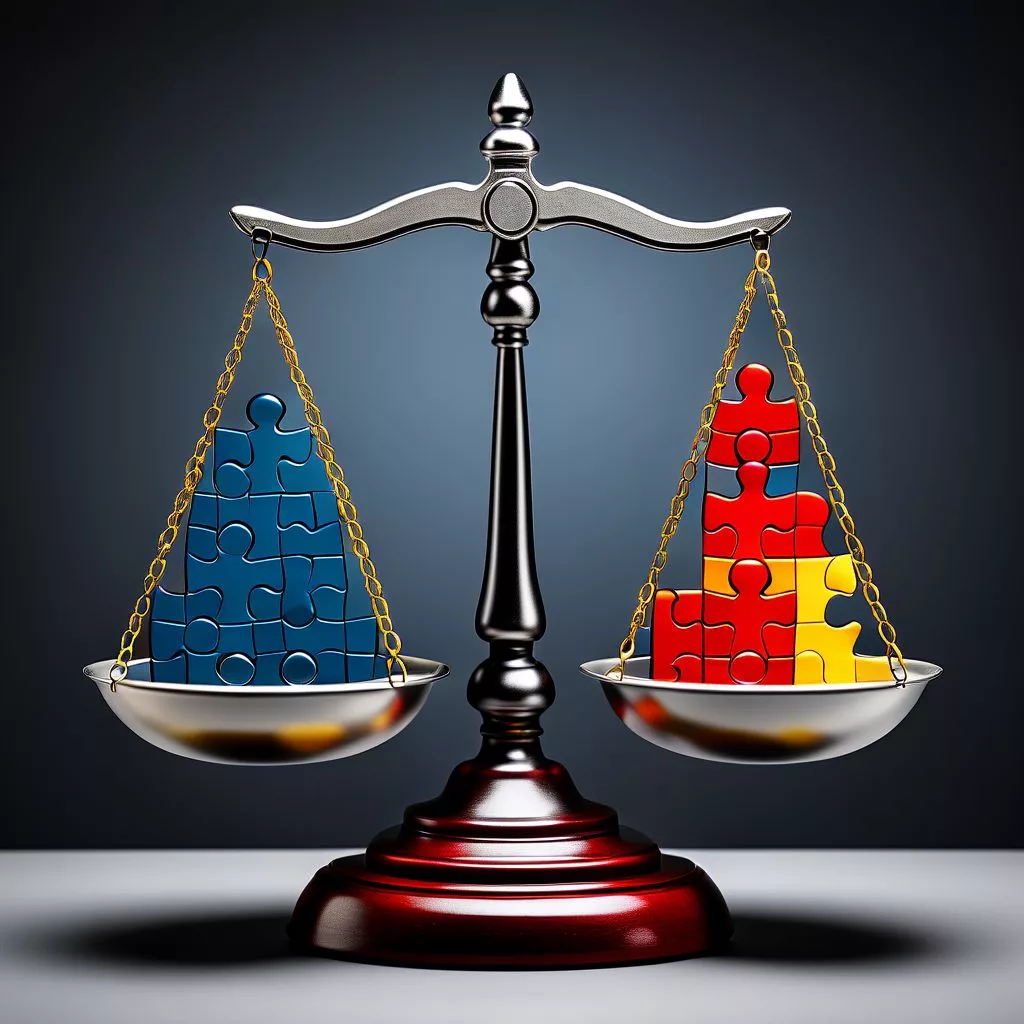South Africa’s Department of Justice is making strong moves to clean up its act by handling many cases of employee misconduct. They have already resolved most complaints, firing 54 workers and suspending dozens more to show that bad behavior won’t be ignored. Led by Minister Mmamoloko Kubayi, the Department is building a culture of honesty and fairness, both inside and out. This bold effort aims to restore trust in the justice system and prove that true change is possible when leaders act with courage and care.
What steps is South Africa’s Department of Justice taking to enforce ethical discipline?
South Africa’s Department of Justice is actively reforming by resolving 164 out of 223 disciplinary cases, dismissing 54 employees, suspending 41, and referring 15 cases for criminal investigation. These actions promote accountability, uphold ethical standards, and foster a culture of integrity within the justice system.
Renewed Purpose and Internal Transformation
South Africa’s Department of Justice and Constitutional Development stands at the threshold of meaningful reform. In the 2024/25 financial year, the institution has undertaken a determined effort to foster ethical conduct and accountability within its own ranks. The shift is palpable—walking through the Pretoria headquarters, one encounters a spirit of vigilance and transformation that sets the tone for an era defined by principled public service.
This internal awakening highlights the Department’s commitment not only to uphold the law externally but also to maintain rigorous ethical standards among its own employees. The momentum of reform is unmistakable, with the Department taking decisive steps to address misconduct while nurturing a culture of responsibility. The legal traditions that have long defined the Department’s identity now blend with a narrative of self-improvement that seeks to inspire confidence both inside and outside the institution.
Hard data underscores the magnitude of this commitment. Over the previous financial year, officials navigated 223 labour relations matters—each case presenting its own complexities and challenges. These cases served as testing grounds for the Department’s resolve, pushing leadership to make choices that would have lasting effects on both individual careers and the broader culture of accountability.
Decisive Actions and Evolving Standards
From the 223 disciplinary cases handled, the Department resolved 164, setting a robust precedent for future conduct. The consequences have been significant and far-reaching. Fifty-four employees were dismissed, sending a clear message that serious breaches of conduct would not be overlooked or tolerated. This willingness to act decisively mirrors moments in history when institutions, facing deep-seated problems, opted for bold reforms rather than incremental change.
The remaining cases produced a spectrum of outcomes: forty-one suspensions, fifteen resignations, four acquittals, and four withdrawals. Each decision resulted from careful assessment and adherence to due process, maintaining fidelity to the constitutional principle that justice must be both thorough and fair. Such transparency and measured response have characterized the global evolution of modern administrative justice, offering a template for institutions grappling with internal challenges.
The Department’s approach to discipline reflects a nuanced understanding of justice. Not all infractions warranted severe penalties; less serious issues drew verbal or written warnings, while only the most egregious offenses led to firmer sanctions. Offenses addressed ranged from corruption, dishonesty, and absenteeism to more severe crimes such as fraud, theft, damage to property, and insubordination. Each case, regardless of severity, stood as a testament to the Department’s willingness to confront ethical failure head-on, and to uphold the values that underpin its mandate.
Notably, an uptick in disciplinary momentum emerged between January and April 2025, during which fifteen dismissals took place. This period of accelerated action illustrates a leadership determined to move beyond bureaucratic inertia, determined to replace a culture of complacency with one of accountability. Such shifts harken back to transformative episodes in global administrative history, where institution leaders embraced reform as essential to restoring public trust.
Collaboration, Criminal Referrals, and Leadership
The Department’s efforts have not been confined to internal processes. In fifteen cases, officials referred matters for criminal investigation and possible prosecution, demonstrating a readiness to work closely with law enforcement bodies. By bridging the gap between internal discipline and criminal accountability, the Department affirms its role in supporting both the rule of law and ethical governance. This strategic collaboration reflects principles of checks and balances that lie at the heart of both South African constitutionalism and broader democratic systems.
At the forefront of this movement stands Minister Mmamoloko Kubayi, whose leadership has imbued the Department with renewed clarity of purpose. She consistently frames the current reforms as both necessary and morally imperative, emphasizing the need to remove those who compromise the integrity of the justice system. Her direct, pragmatic approach has won public approval and evokes the legacy of renowned reformers who viewed public office as an opportunity for positive change.
Minister Kubayi addresses skepticism regarding the state’s ability to hold its employees accountable. By highlighting tangible achievements—resolved cases, dismissals, criminal referrals—she builds a compelling argument against claims of government inertia. Her approach mirrors the efforts of leaders and institutions worldwide who strive to rebuild public confidence after periods of scandal, echoing famous initiatives such as Italy’s “mani pulite” campaign that targeted systemic corruption with energetic resolve.
Collective Responsibility and Lasting Impact
Minister Kubayi recognizes that the struggle against misconduct and corruption cannot succeed in isolation. She stresses the need for cross-sector collaboration, acknowledging that unethical behavior transcends departmental and institutional boundaries. This approach draws inspiration from both the country’s own anti-apartheid heritage and international anti-corruption campaigns, reinforcing the reality that systemic integrity demands collective action.
Inside the Department, stories abound of both decline and renewal. Long-serving employees recall darker times when maladministration and fraud often went unchallenged, eroding morale and fueling cynicism. Yet, there are also accounts of integrity and courage—moments when public servants stood together to expose wrongdoing and defend the institution’s core values. These narratives, though personal, highlight the broader social transformation underway within the Department.
By handling disciplinary cases with both urgency and diligence, the Department sets itself apart from the sluggish, impersonal bureaucracy often caricatured in popular discourse. It aspires to a higher standard of public service, one rooted in respect for both the rule of law and the dignity of the citizen. This commitment breathes new life into departmental policies, reminding all who serve that ethical governance is not an abstract ideal but a living, necessary practice.
Each disciplinary action reverberates beyond the Department’s walls. By holding employees to account, the institution signals to the public that accountability is real and non-negotiable, and to potential wrongdoers that misconduct carries tangible consequences. In prioritizing the protection of public resources and the upholding of constitutional values, the Department becomes both a safeguard and a beacon—demonstrating that principled institutions can indeed rejuvenate themselves.
Looking Ahead: Sustaining Momentum and Building Trust
The journey of reform is ongoing. Every resolved case and every just dismissal contributes to a growing foundation of integrity within the Department of Justice and Constitutional Development. No longer satisfied with gradual change, the institution now embraces a spirit of meaningful transformation. In echoing Minister Kubayi’s call to begin justice at home, the Department reminds all stakeholders—employees, partners, and citizens alike—that ethical governance is not merely aspirational; it is essential for a thriving democracy.
As this chapter unfolds, the Department’s renewed resolve draws strength from both historic examples and the collective hope for a better future. The invitation stands open to all who value public service: witness the change, participate in the process, and help shape a justice system worthy of the nation’s highest ideals. The work continues, and with it, the promise of a public service that genuinely serves—rooted in principle, animated by action, and united in purpose.
FAQ: Ethical Discipline Reform in South Africa’s Department of Justice
What specific actions has the Department of Justice taken to address employee misconduct?
The Department has actively resolved 164 of 223 disciplinary cases, resulting in the dismissal of 54 employees and suspension of 41 others. Additionally, 15 cases have been referred for criminal investigation. These measures demonstrate a firm stance against unethical behavior, signaling that misconduct—ranging from corruption and fraud to absenteeism and insubordination—will not be tolerated.
Who is leading these reforms and what is their approach?
Minister Mmamoloko Kubayi spearheads the Department’s ethical reform efforts. Her leadership emphasizes moral imperative, decisiveness, and transparency. Minister Kubayi advocates for accountability and collaboration, encouraging a culture where integrity is prioritized. She draws on both South African history and global examples of successful anti-corruption initiatives to inspire confidence and sustain momentum.
How is the Department ensuring fairness and due process in disciplinary matters?
While the Department takes decisive action against serious offenses, it also adheres strictly to constitutional principles of fairness and thorough investigation. Less severe infractions often result in verbal or written warnings. Cases are carefully assessed to balance justice with proportionality, ensuring that penalties match the severity of the misconduct and uphold employees’ rights.
What role does collaboration with other agencies play in these reforms?
The Department has referred 15 cases for criminal investigation, demonstrating its commitment to working closely with law enforcement. This cooperation bridges internal disciplinary processes with the criminal justice system, reinforcing checks and balances essential to constitutional democracy. Such collaboration strengthens the message that corruption and misconduct have consequences beyond internal sanctions.
How does the Department’s reform effort impact public trust in the justice system?
By openly addressing internal misconduct and holding employees accountable, the Department sends a clear signal that ethical governance is a priority. This transparency helps restore public confidence, combating cynicism and skepticism about government institutions. The reforms aim to build a justice system that is not only lawful but also honest, fair, and worthy of citizens’ trust.
What is the long-term vision for ethical governance in the Department of Justice?
The Department envisions sustained transformation rooted in a culture of integrity and accountability. It recognizes that combating misconduct requires ongoing vigilance, collective responsibility, and cross-sector collaboration. The reforms are part of a broader commitment to make ethical governance a living practice—essential for a thriving democracy and a justice system that truly serves the public.
If you want to learn more about the Department’s ongoing initiatives or follow updates on disciplinary outcomes, visiting official government releases and trusted news platforms is recommended.










